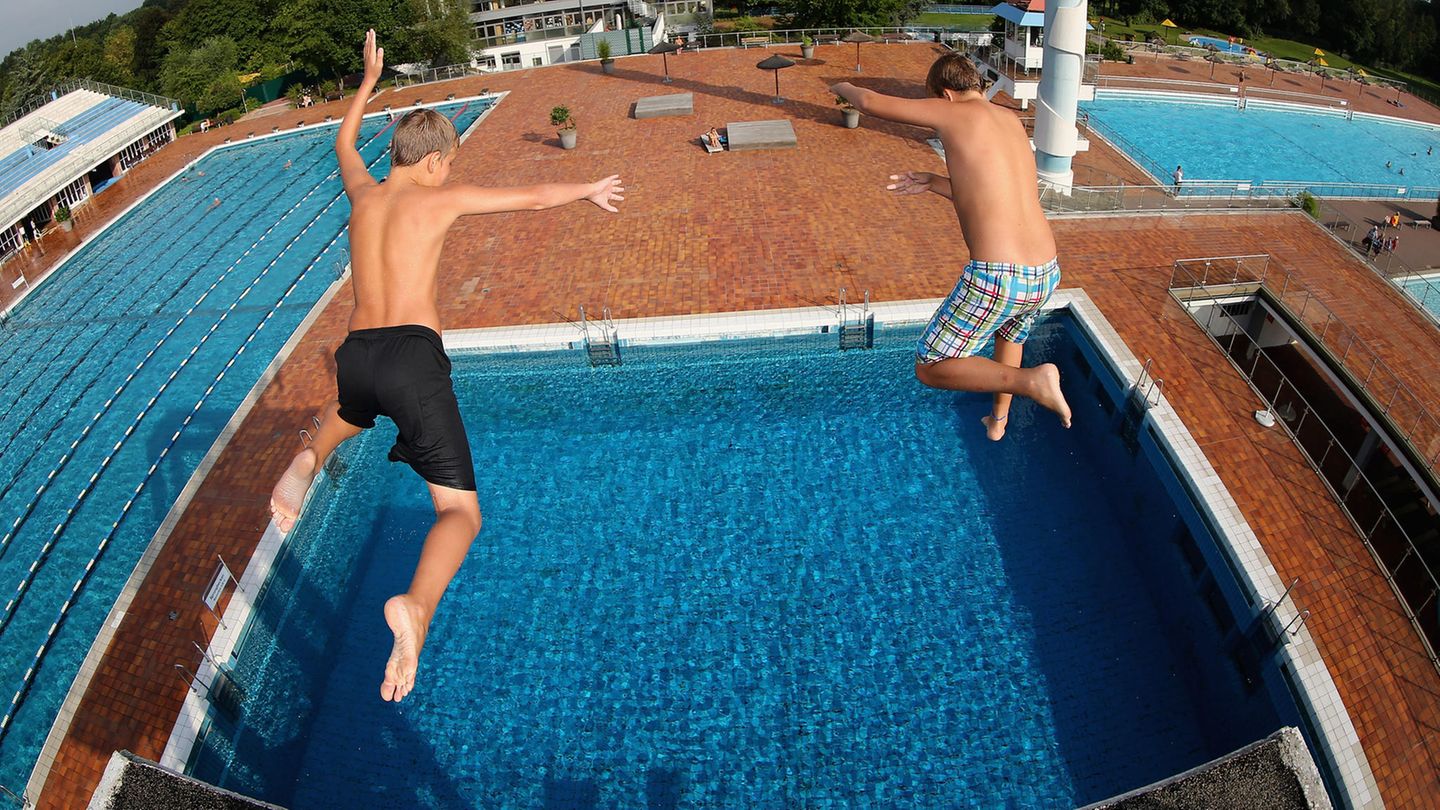Alexei Navalny’s mother has to travel to the cold north of Russia to receive the papers regarding her son’s death. There is currently no trace of the Kremlin opponent’s body.
The team of Kremlin opponent Alexei Navalny has confirmed his death. His spokeswoman Kira Yarmysch announced this on Saturday on X (formerly Twitter), citing Navalny’s mother Lyudmila Navalnaya. She had traveled to the prison camp in northern Russia and received news of her death there.
The 47-year-old’s death is said to have occurred on February 16 at 2:17 p.m. local time (10:17 a.m. CET). The Russian penal system had previously informed about Navalny’s death, who had been imprisoned since 2021.
However, there was initially no trace of Navalny’s body. An employee of the prison camp beyond the Arctic Circle reported that Navalny’s body was in the city of Salekhard for examination, Yarmysch said. Accordingly, the mother was initially unable to personally identify the body. The cause of death is also still unclear.
However, the morgue in Salekhard, almost 50 kilometers from the prison camp, was closed on Saturday. However, Navalny’s lawyer didn’t get any further via a contact telephone number posted at the entrance. “He was told that he was the seventh caller that day,” Jarmysch wrote. “And Alexei’s body is not in their morgue.”
Navalny employees assume that the killing was targeted
A second lawyer was told that the cause of death was not yet known and that further histological examination had been carried out, the results of which were expected next week, Jarmysch wrote. “It’s obvious they’re lying and doing everything they can to avoid handing over the body.” The lawyers were only told that the investigations had revealed “nothing criminal.” “They lie all the time and lead us around in circles.”
According to Russian authorities, Navalny, who was physically weakened after many days in repeated solitary confinement, collapsed on Friday while walking in the prison camp in freezing temperatures. According to the prison service, attempts at resuscitation were unsuccessful.
Klitschko on Navalny’s death: timing “not a coincidence”
Kiev Mayor Vitali Klitschko also blames Russian President Vladimir Putin for the death of Alexei Navalny and does not consider the timing immediately before the Munich Security Conference to be a coincidence. As the president who makes all decisions in Russia, Putin bears responsibility for Navalny’s death, Klitschko told the German Press Agency on the sidelines of the security conference. This shows once again the true face of Russian politics. “This is a dictatorship,” said Klitschko. Anyone who disagrees with Putin will be murdered or put in prison.
Human rights activists accuse the Russian power apparatus of murder. The prominent anti-corruption campaigner’s employees also assumed that Navalny was deliberately killed.
After Navalny’s death, people in Russia continue to mourn the opposition figure despite arrests and pressure from the authorities. There were also numerous arrests on Saturday, for example in Moscow and St. Petersburg. Media in many parts of Russia reported that despite evictions and arrests, fresh flowers continued to be laid, candles were lit and pictures were put up in memory of Navalny. There were also numerous rallies abroad in memory of the Kremlin opponent, mostly in front of Russian diplomatic missions.
Arrests in several cities
According to human rights activists, there were hundreds of arrests across the country. The Internet portal ovd.info reported that at least 359 people were arrested in 32 cities, including Moscow, St. Petersburg, Bryansk and Krasnodar. The civil rights activists also gave legal advice on laying flowers and published the number of a telephone hotline for legal help. Many Russians publicly expressed their anger after Navalny’s death.
“How great the power apparatus’ fear of a dead person is when even laying flowers in his memory is viewed as a crime,” wrote the Russian Nobel Peace Prize winner and founder of the Kremlin-critical newspaper Novaya Gazeta, Dmitri Muratov, on the news channel on Saturday Telegram.
As a globally recognized Russian opposition leader, Navalny embodied the hope for a future after the dictatorship, wrote expert Alexander Baunow for the Carnegie think tank on Saturday. Even in the prison camp, the politician remained a nuisance for the Kremlin. “But the effort itself to get rid of such an irritating figure also shows that the regime is not as confident in itself and its future as it would like to appear.”
Russia’s power apparatus repeatedly uses violence against dissidents. Protests have not been allowed in the country for years.
Source: Stern
I have been working in the news industry for over 6 years, first as a reporter and now as an editor. I have covered politics extensively, and my work has appeared in major newspapers and online news outlets around the world. In addition to my writing, I also contribute regularly to 24 Hours World.




